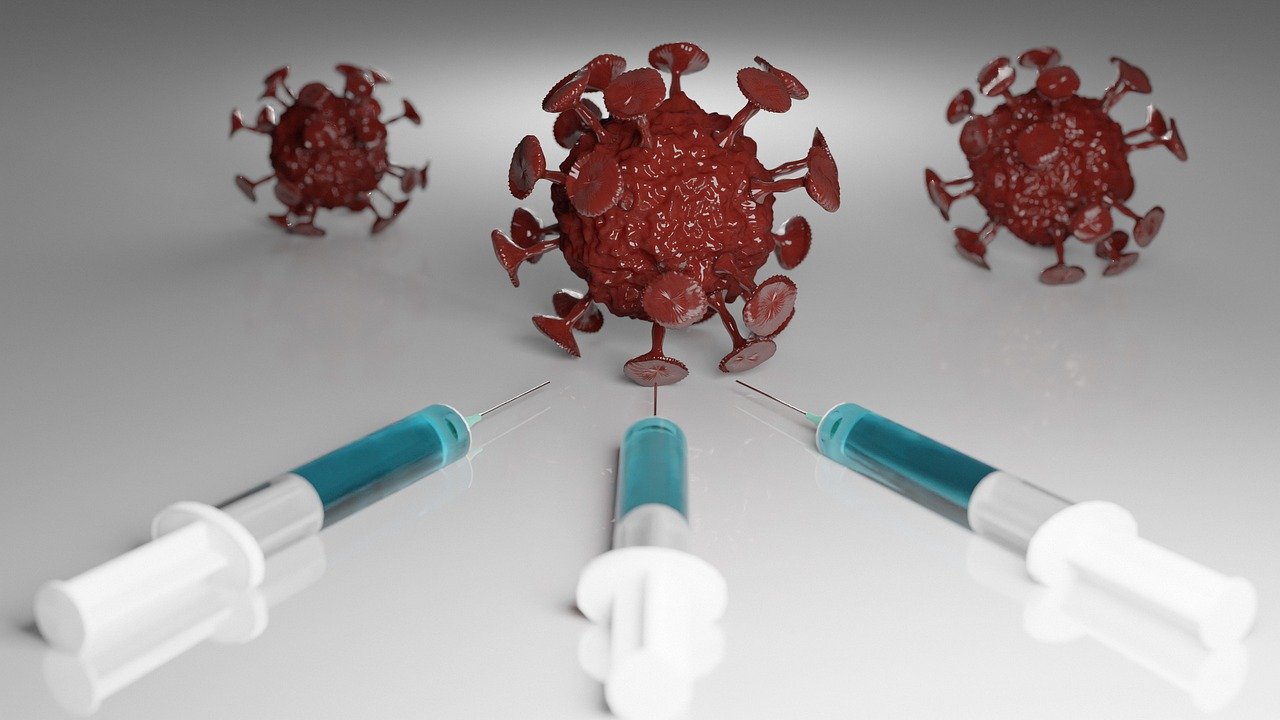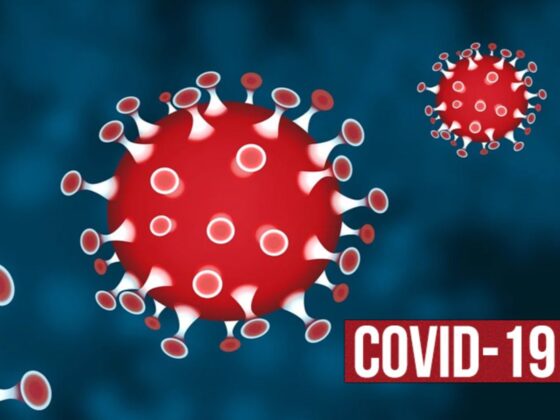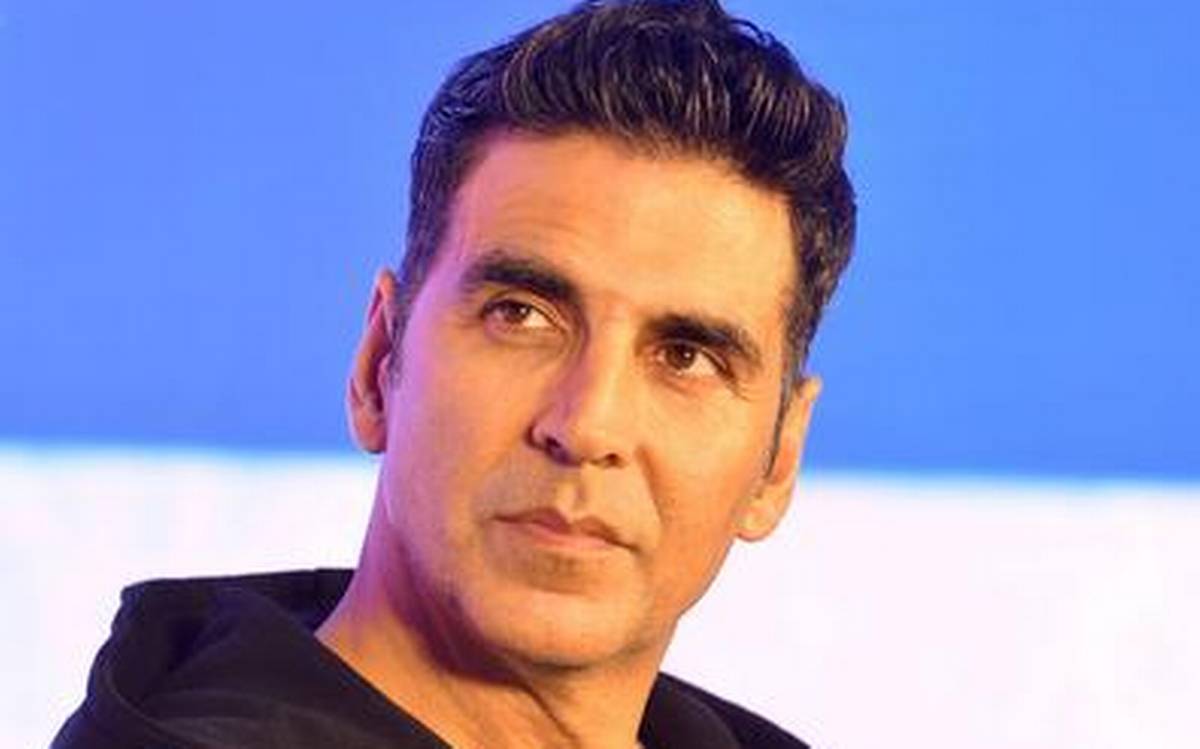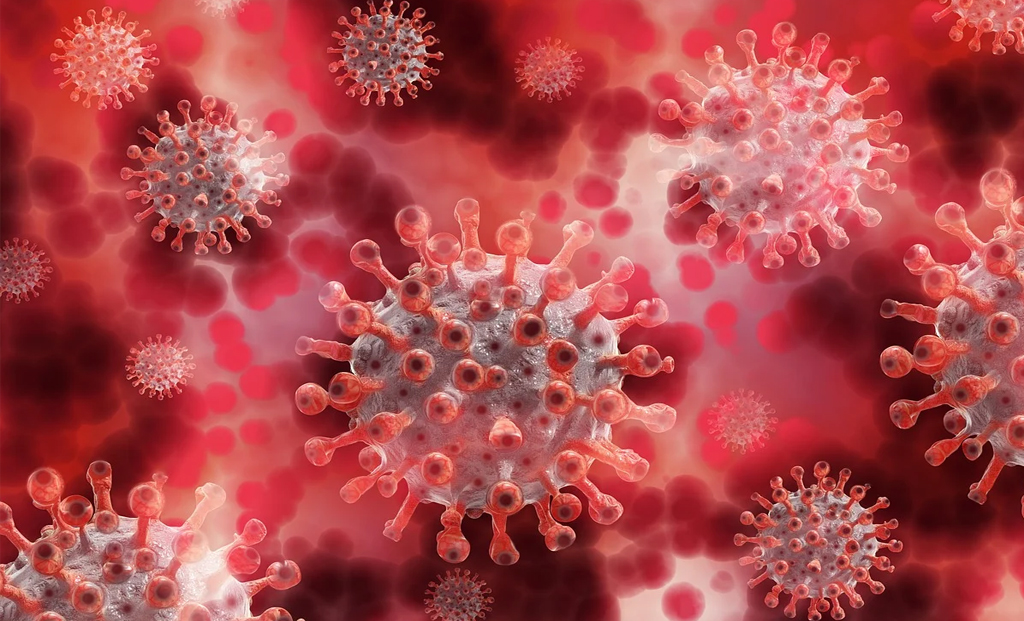Amid the shadow being cast over the AstraZeneca’ Vaccine against Covid, the World Health Organization said there was no reason to stop using AstraZeneca’s Covid-19 jab. WHO said this on Friday after several countries suspended rollout over blood clot fears.
Denmark, Norway and Iceland have temporarily halted the use of AstraZeneca’s jab as a precaution after isolated reports of recipients developing blood clots.
Italy and Austria have banned the use of jabs from separate batches of AstraZeneca, and Thailand and Bulgaria have also announced to delay the rollout.
India will carry out a deeper review of post-vaccination side effects from the AstraZeneca shot next week although no cases of blood clots have been reported so far.
The WHO, which said its vaccines advisory committee was examining the safety data coming in, Friday stressed that no causal link has been established between the AstraZeneca vaccine and clotting.
“Yes, we should continue using the AstraZeneca vaccine,” WHO spokeswoman Margaret Harris said, stressing that any concerns over safety must be investigated.
The Britain-based AstraZeneca insisted its jab was safe, adding there is “no evidence” of higher blood clot risks.
Recently, WHO approved Johnson & Johnson’s Covid-19 vaccine, paving the way for an additional 500 million doses to enter the Covax global vaccine-sharing scheme.
“Every new, safe and effective tool against Covid-19 is another step closer to controlling the pandemic,” said WHO chief Tedros Adhanom Ghebreyesus.
The news comes after the single-dose jab won approval from the European Union on Thursday.
It has also received the green light from regulators in the United States, Canada, South Africa and France — which on Friday topped 90,000 coronavirus fatalities.
ALSO READ | Johnson & Johnson’s One-Shot Covid Vaccine Has A Lower Overall Efficacy Rate, Yet It Could Be A Game Changer
“I don’t think you can be too cautious, but there is a balance that needs to be struck. This is a massive vaccination effort and you need to be careful and assess any possible risk, but in a calculated manner. It’s unfortunate that it’s happening with the Astra vaccine. Even if they end up finding that the side effect had nothing to do with the vaccine, the noise when such events are announced is a lot louder than when the question is answered — and it adds to the skepticism around this vaccine, and possibly others. Health authorities are stuck between a rock and a hard place. If they don’t take precautionary action, and there was some link, then they have put their population at risk. If they do, then it raises the risk of vaccine skepticism. The right way to do this, though, would be to connect with U.K. and other drug regulators first and ask them if they had seen any signals in the millions of people who have been vaccinated, just like you would go to the Centers for Disease Control & Prevention in the U.S. or Israeli health authorities if you had a suspected side effect with the Pfizer Inc.-BioNTech SE vaccine, given the millions of doses they have administered there.”, said Sam Fazeli, a Bloomberg Opinion contributor who covers the pharmaceutical industry for Bloomberg Intelligence.
For its part, AstraZeneca said that analysis of more than 10 million records has shown no evidence of an increased risk of pulmonary embolism or deep vein thrombosis in any age group, gender, batch or country.
“In fact, the observed number of these types of events are significantly lower in those vaccinated than would be expected among the general population,” the company said.
AstraZeneca also said the recorded number of blood clots in vaccinated people was “significantly lower” than what was expected among the general population. “The safety of the vaccine has been extensively studied in phase III clinical trials and peer-reviewed data confirms the vaccine has been generally well-tolerated,” a spokesperson for the company said.
ALSO READ | How Does Johnson & Johnson’s COVID-19 Vaccine Differ From Pfizer’s And Moderna’s?
India is looking at all “serious” side effects following coronavirus vaccination, NDTV reported on Saturday, quoting a member of the Indian Council of Medical Research’s National Task Force.
“We are not looking at any particular vaccine at the moment. When the analysis is available, it will be reported, according to the vaccine, if there is any cause for concern,” said Dr NK Arora, a member of the National Task Force set up by top medical body – ICMR (Indian Council of Medical Research). The ICMR is the nodal agency for the drive against coronavirus.











